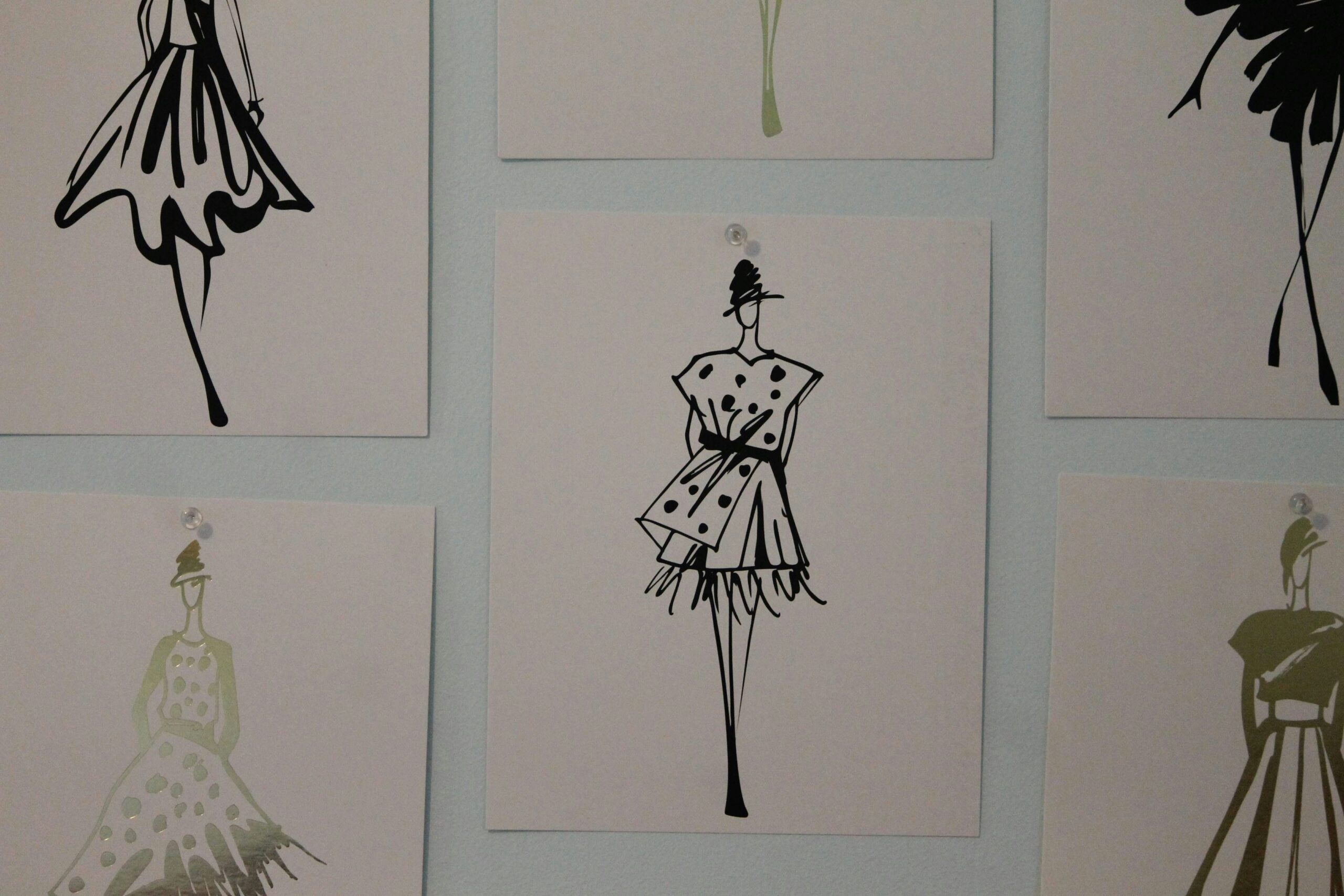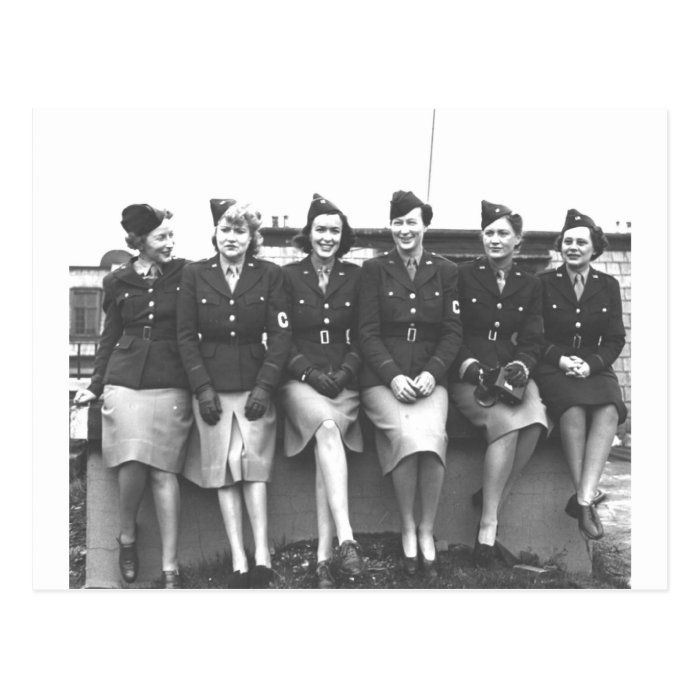In this world of continuously evolving fashion, trends keep coming and keep going but our love for clothes is never ending. There are some who believe in minimalistic wardrobes and then there are enthusiasts who love to shop! Trust me, we have all been there- getting the new peach fuzz dress or it’s the end of season sale. More often than not, the love for fashion and shopping ends in an overflowing closet which becomes difficult to manage- such shoppers or modestly put, collectors, are called Fashion Hoarders!
Clothing is an Emotion
For a lot of people, clothing is not just a fabric but it’s an emotion. We all have that favorite dress that we wore to our first date or a black blazer which makes you feel powerful. Fashion is a form of expression for most, the right set of clothes make you feel things, that pink shirt brings out the little girl in you and those blue shorts remind you of the days you played football in rain. All these items hold sentimental values, making it difficult to part from them. That dress we wore to our first date, it has the memories of the first boyfriend and takes you back to your old days making it difficult to let it go. Many people hold on to outfits from different phases of their life, not for its aesthetic value but for the emotions it evokes. These clothes work as a tangible link to our past, reminds us of all the good times in life. Letting these clothes go may feel like losing out on a part of our history.
Thrill of Shopping
Let’s go back to the blockbuster- Confessions of a Shopoholic- Rebecca Bloom (Isla Fisher) was addicted to shopping, going crazy in debt and still unable to hold herself back from buying that green scarf. Why?
For a shopaholic, being in that store is thrilling, its exhilarating to look at new clothes and shoes. One feels mesmerized walking down the mall and drives satisfaction out of a new purchase. With every new item being billed, there is a rush of dopamine in the brain which is associated with rewards & pleasure. For a lot of people this feeling becomes addictive leading to a habit of compulsive buying, resulting a cluttered wardrobe.

FOMO
With the new age fast fashion and digital presence, fearing not having something is huge. Influencers posting reels about what they are wearing and fashion icons putting up links to their latest buy, we all want that trendy belt and orange pants. This feeling right here plays a significant role in becoming a fashion hoarder. Those attractive colorful statement pieces are screaming through the mannequins, calling you out to buy them but trendy means short term. We end up wearing those statement pieces once or twice and then its kept in our cupboard for years! I still have those lavender pants from 2018 which haven’t been worn since then. Fear of missing out on a trend is real and it can lead to accumulation of clothes that we don’t really need but we hold on to it “just in case” it comes back in the trend.
Managing Chaos
Hoarding clothes, shoes, accessories can be a way of asserting control in your own life. With increasing stress and chaos in our lives, curating outfits gives us a sense of control and calms us down. Shopping brings a sense of stability in this unpredictable world, making us prone to shop more. The illusion of control provides comfort, as though a right wardrobe choice can solve any problem or can help us conquer any situation. Another of why parting away from clothes can feel like relinquishing a sense of stability.
If we pick up the analogy of food, a lot of people do emotional eating, similarly, many of us shop till we drop to make us feel good.

Cost as a Factor
Everything comes with a cost and fashion; it comes with a heavy cost. One basic dress easily costs you 2-3k, after burning such a hole in the pocket, who would want to just let that dress go? With next to no recycling companies or buyback companies, we have no other option than to hoard our clothes. There are a very few companies like H&M which ask you to get a bag full of old clothes and give you a 15% discount on their store but other than that, there are no reliable places which give you such opportunities.
While there can be many psychological reasons of hoarding clothes and continuous shopping, there are ways to break this cycle and foster a better, healthier relationship with clothes. Taking a pause before picking up a dress always helps evaluating our decisions, asking yourself questions like “do I really like this?” or “will I be wearing it often?” will build a mindset of requirement, negating the mindset of wanting it all. It will help you curb impulsive buys in turn help you budget your finances as well.
Even though shopping is therapy, fashion hoarding is not just about the love for shopping, it has some deep psychological layers to it. Understanding the emotional attachment and patterns can really help you let go of this habit, decluttering your mind and will bring a real sense of control in life. At the end of the day, fashion should be a source of joy and self-expression, not stress.


















